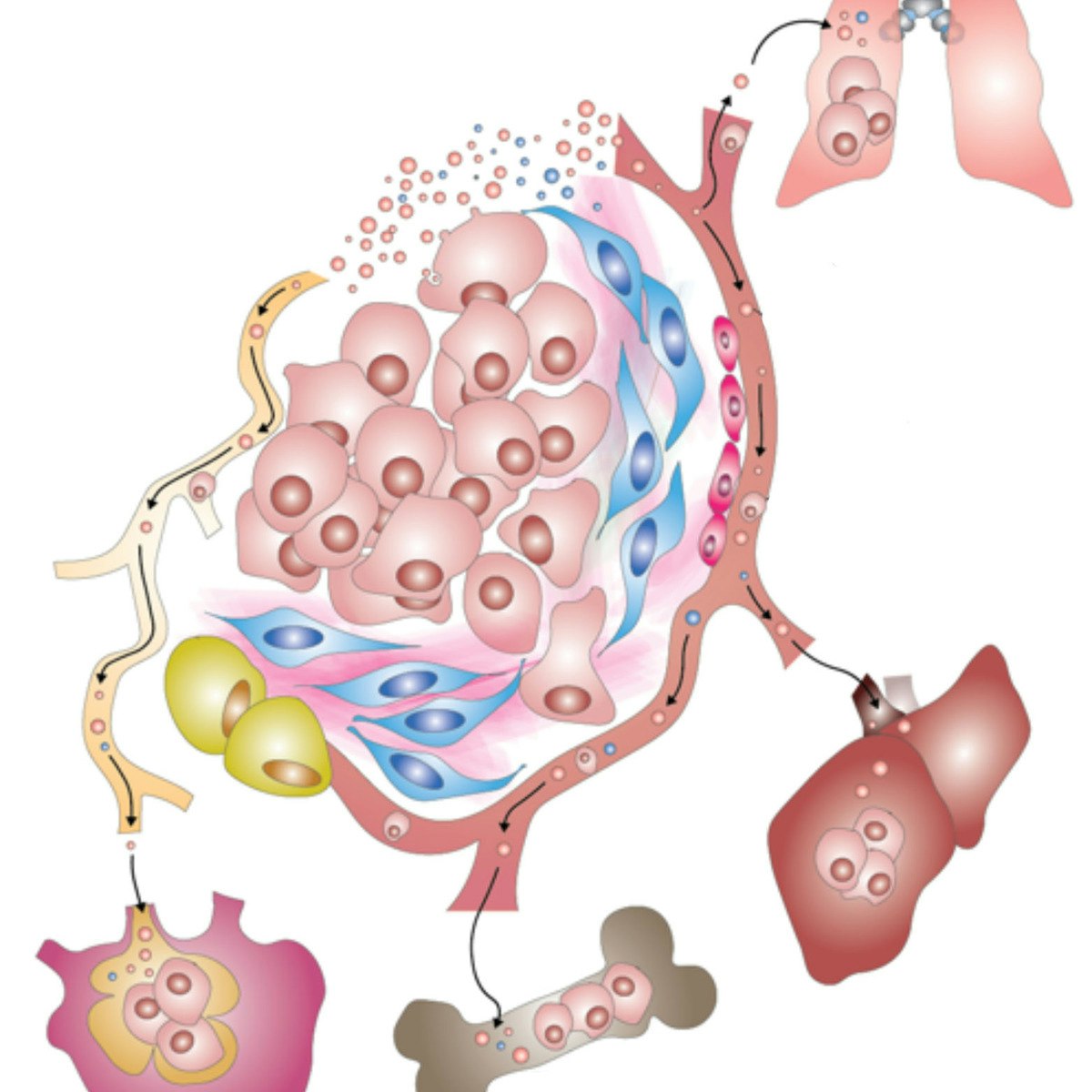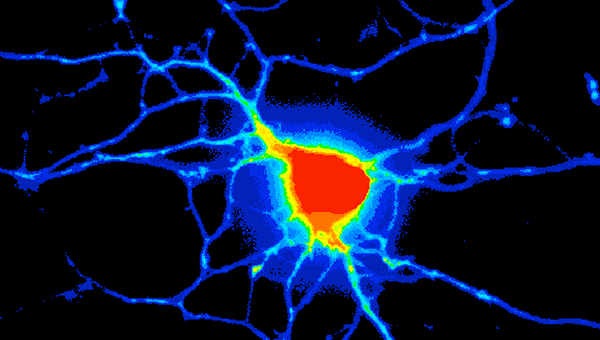Back to Courses









Life Sciences Courses - Page 16
Showing results 151-160 of 644

Public Health Perspectives on Sustainable Diets
What we eat and how we produce that food have significant effects on human health and the sustainability of our planet. But what is a ‘sustainable’ diet? A sustainable diet, as defined by the FAO, promotes health and well-being and provides food security for the present population while sustaining human and natural resources for future generations. This short course looks at the urgent need to address the sustainability of our food systems, including better understanding the complex relationship between diet and climate change. We’ll explore current research on dietary shifts needed in high, middle, and low-income countries to achieve both sustainability and food security goals and discuss evidence-based strategies to promote sustainable diets.
This course is offered by the Johns Hopkins Center for a Livable Future and draws from our graduate-level food systems curriculum at the Bloomberg School of Public Health. You may also be interested in our eight-week flagship Coursera course, “An Introduction to the US Food System: Perspectives from Public Health”.

Doing Clinical Research: Biostatistics with the Wolfram Language
This course has a singular and clear aim, to empower you to do statistical tests, ready for incorporation into your dissertations, research papers, and presentations. The ability to summarize data, create plots and charts, and to do the tests that you commonly see in the literature is a powerful skill indeed. Not only will it further your career, but it will put you in the position to contribute to the advancement of humanity through scientific research.
We live in a wonderful age with great tools at our disposal, ready to achieve this goal. None are quite as easy to learn, yet as powerful to use, as the Wolfram Language. Knowledge is literally built into the language. With its well-structured and consistent approach to creating code, you will become an expert in no time.
This course follows the modern trend of learning statistical analysis through the use of a computer language. It requires no prior knowledge of coding. An exciting journey awaits. If you wanting even more, there are optional Honors lessons on machine learning that cover the support in the Wolfram Language for deep learning.

Plant Bioinformatics Capstone
The past 15 years have been exciting ones in plant biology. Hundreds of plant genomes have been sequenced, RNA-seq has enabled transcriptome-wide expression profiling, and a proliferation of "-seq"-based methods has permitted protein-protein and protein-DNA interactions to be determined cheaply and in a high-throughput manner. These data sets in turn allow us to generate hypotheses at the click of a mouse or tap of a finger.
In Plant Bioinformatics on Coursera.org, we covered 33 plant-specific online tools from genome browsers to transcriptomic data mining to promoter/network analyses and others, and in this Plant Bioinformatics Capstone we'll use these tools to hypothesize a biological role for a gene of unknown function, summarized in a written lab report.
This course is part of a Plant Bioinformatics Specialization on Coursera, which introduces core bioinformatic competencies and resources, such as NCBI's Genbank, Blast, multiple sequence alignments, phylogenetics in Bioinformatic Methods I, followed by protein-protein interactions, structural bioinformatics and RNA-seq analysis in Bioinformatic Methods II, in addition to the plant-specific concepts and tools introduced in Plant Bioinformatics and the Plant Bioinformatics Capstone.
This course/capstone was developed with funding from the University of Toronto's Faculty of Arts and Science Open Course Initiative Fund (OCIF) and was implemented by Eddi Esteban, Will Heikoop and Nicholas Provart. Asher Pasha programmed a gene ID randomizer.

Health for All Through Primary Health Care
This course explores why primary health care is central for achieving Health for All. It provides examples of how primary health care has been instrumental in approaching this goal in selected populations and how the principles of primary health care can guide future policies and actions.
Two of the most inspiring, least understood, and most often derided terms in global health discourse are “Health for All” and “Primary Health Care.” In this course, we will explore these terms in the context of global health, their origins and meanings, the principles upon which they rest, and examples of how these principles have been implemented at both small and large scale. We will also explore some ultra-low-cost approaches to Health for All through primary health care, and the promise that primary health care holds for eventually achieving Health for All.
Each module of this course consists of approximately one hour or lecture, approximately one hour of additional readings or video presentations, and two additional hours devoted to studying for each of the quizzes, writing and evaluating two short peer-review assignments, and participating in the discussion forums.
Developed in collaboration with Johns Hopkins Open Education Lab.

Pharmaceutical and Medical Device Innovations
This course in the Healthcare Marketplace specialization gives the learner an in-depth view of the intellectual property creation that is vital to creating breakthrough technologies. Included is an understanding of the strategy deployed for pricing drugs and new technologies as well as the market sizing exercise to identify where future research and development investments should be made.

Understanding and Strengthening Health Systems
Welcome to our course on Understanding and Strengthening Health Systems for Global Health. During the course we will provide you with an overview of the main elements or building blocks of a health system based on the World Health Organization’s guidance. You will have the opportunity to explore four main areas of health systems in global health with particular reference to low and middle income countries. The first area focuses on understanding health service organizations, the challenges. Our second module looks at WHO’s six major building blocks or health systems components with particular reference to primary health care and the need for community participation in planning, delivery and assessment of these systems components. in our third module we examine the specific systems component of human resource development and capacity building. The fourth area consists of health policy making and advocacy with stakeholders. This course is geared toward learners who are already involved in managing health and development programs on the ground in low and middle income countries or who are preparing for such a management role. The main lectures will span a four-week period with approximately 2-4 hours of viewing learning materials per week. We have one peer graded essay wherein you will use skills in ‘organizational’ diagnosis to better understand a challenge in an organization where you are or have worked. There are also quizzes. We hope you will engage with your fellow learners in discussion forums to learn from each other.
Extracellular Vesicles in Health and Disease
This course aims to provide current understanding about extracellular vesicles (EVs) and their role in health and diseases. The EVs are known to be involved in cell to cell communication. Apart from maintaining normal cell physiology, EVs deliver messages that can drive or influence the progression of a disease. This course discusses recent advances made in the field to give an introduction on their function in health as well as in disease.This course includes four modules. Module 1 is an introduction to the course, and provides an overview of the previous MOOC on EVs “Basics of Extracellular Vesicles”. Module 2 focuses on the role of EVs in physiological conditions and gives various examples on their role in metabolism, inflammation, immunity and pregnancy and coagulation. This module also briefly covers the topic of microorganism-derived EVs such as vesicles from bacteria and discusses EVs from apoptotic and senescent cells. In Module 3, we focus on the role of EVs in cancer: how EVs can mediate communication between the tumour and its microenvironment, the functional role of immune cell-derived EVs in development of cancer, as well as the role of EVs in cancer cell proliferation, survival, metastasis and drug resistance. In Module 4, the role of EVs in diseases of the cardiovascular, haematopoietic, nervous, respiratory and urinary systems, and infectious diseases will be presented.This course is recommended for intermediate learners or anyone who is interested in the field of extracellular vesicles and their role in a particular disease including scientists, clinicians, or cell and molecular biologists who look to broaden their understanding of the field.

Life, Health and Radiation
Radiation is all around us - without it we wouldn’t exist. Yet the word has become synonymous with danger, death and disaster.
This MOOC will allow the world to see radiation in a new light, to expose its benefits as well as its risks. X-ray radiation, for example, is a scientific and medical discovery that has improved or prolonged billions of lives. Most of us have had an X-ray at some point in our life, at the Dentist, in a hospital or clinic. Yet few people really understand what X-rays are or where they come from.
In this course, we will travel along the spectrum of electromagnetic radiation from unimaginably long to infinitesimally small wavelengths. At each significant point along the way we will stop and consider:
What is the wavelength and frequency of this radiation?
Is it ionising or not?
Who discovered it and how?
What are the uses of this radiation and
What are the risks associated with it?
Through this we hope to clarify a topic that is often confusing and concerning for many.

Journalism, the future, and you!
You will learn about the career paths that are available in journalism, and what opportunities the skill sets of a journalist can offer in other fields. You will explore areas such as being an international correspondent, self-publishing in journalism, as well as how to freelance in the field. You will be empowered to develop your own path in journalism, from being an active and informed consumer, to being a journalist.
The worlds of business, communications, politics, education and marketing all utilize elements of journalism. This course also examines how to keep the trust of audiences through ethical, and responsible, journalistic practices. Sometimes, journalists need to be aware of their own safety. We will intelligently discuss how journalists around the world handle pressure, threats and other dangers while doing their jobs.
Journalism - and journalists - are agents of change. Are you ready to become one too?

Integrated Analysis in Systems Biology
This course will focus on developing integrative skills through directed reading and analysis of the current primary literature to enable the student to develop the capstone project as the overall final exam for the specialization in systems biology.
Popular Internships and Jobs by Categories
Find Jobs & Internships
Browse
© 2024 BoostGrad | All rights reserved